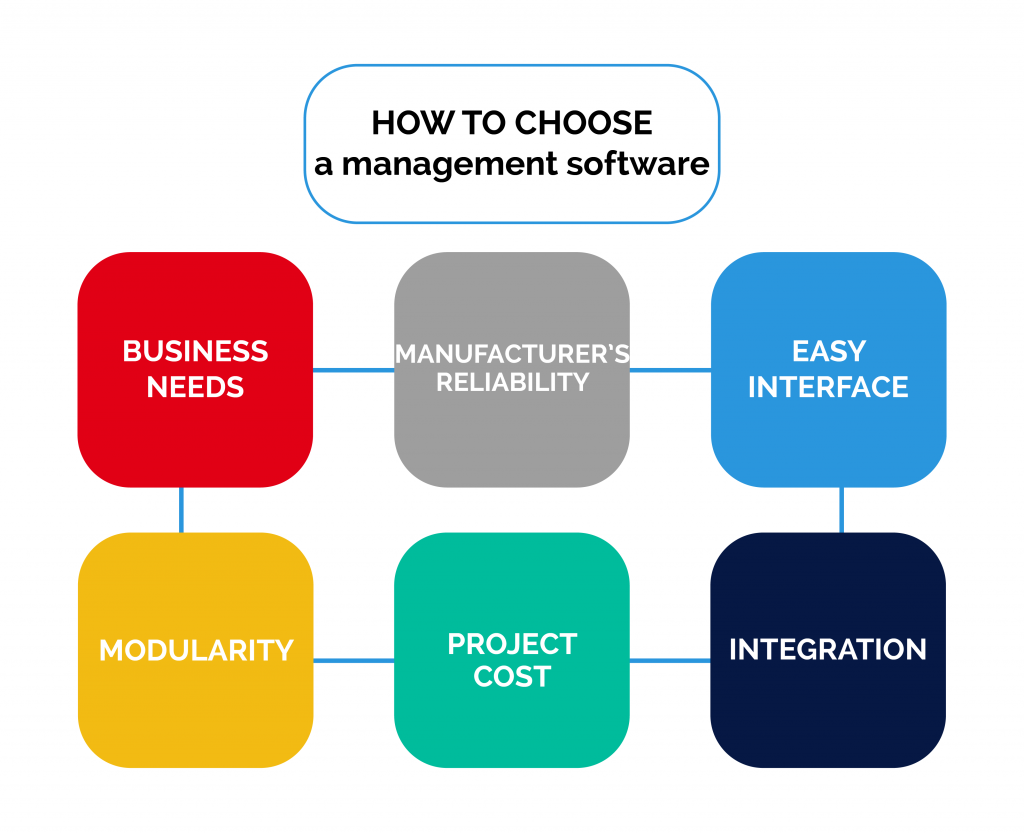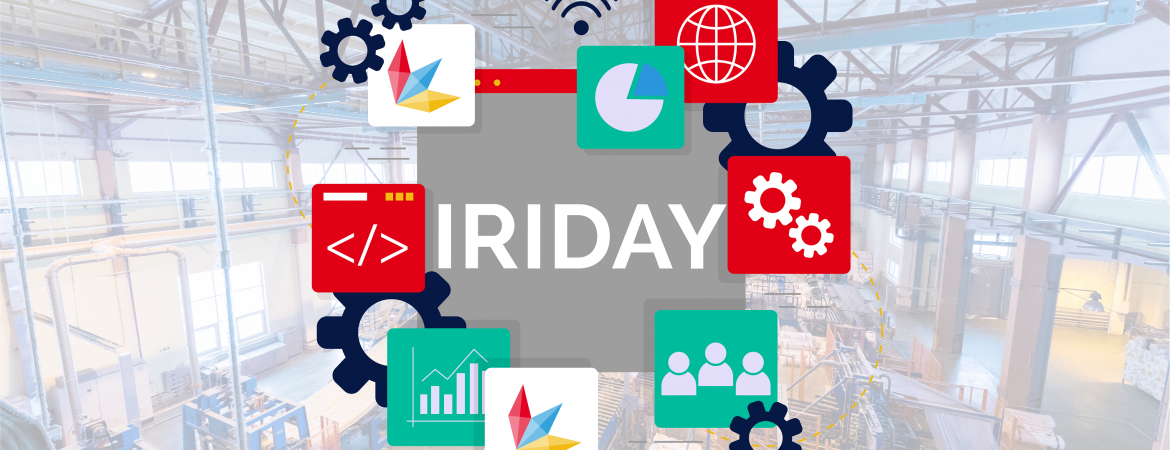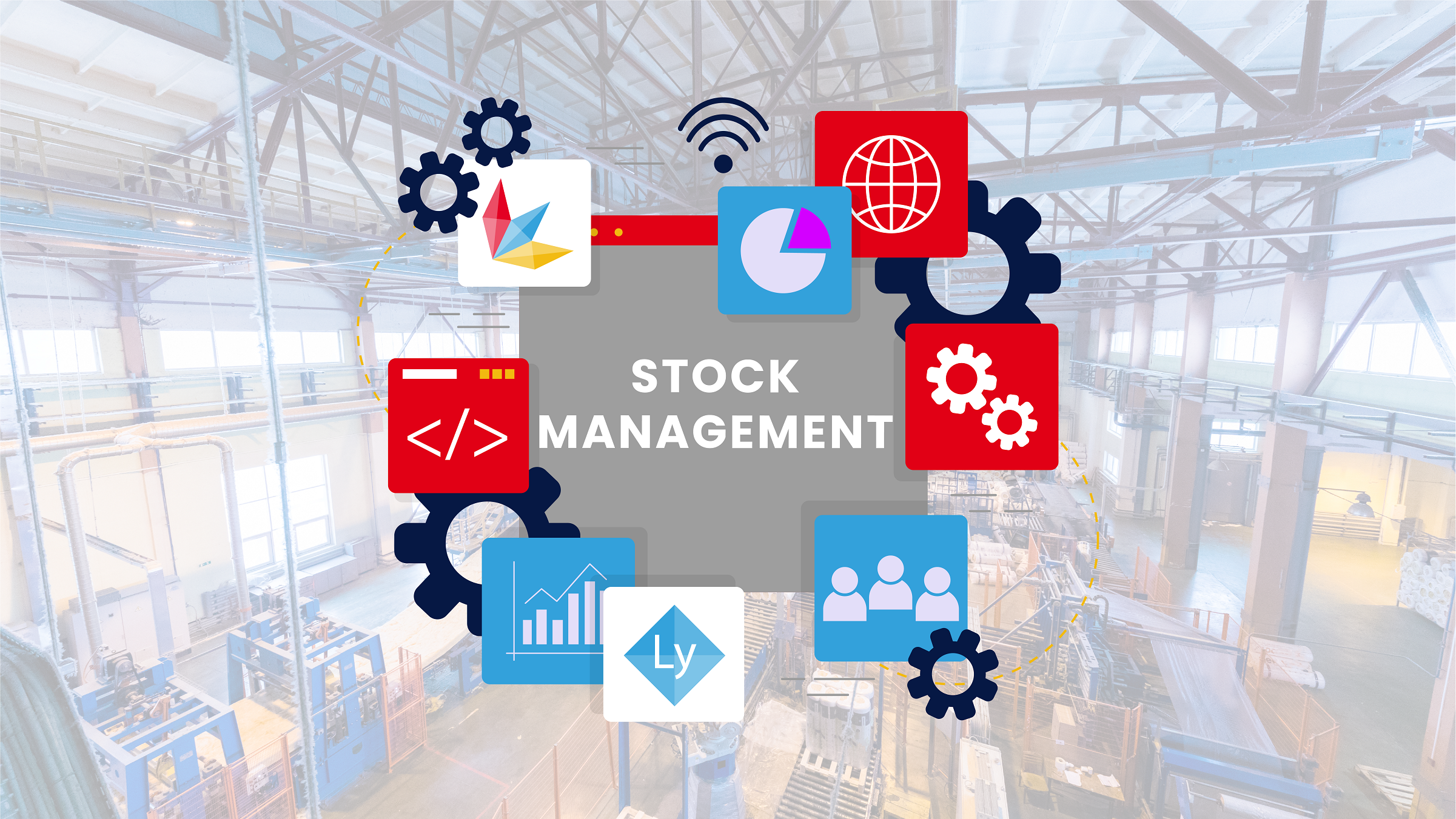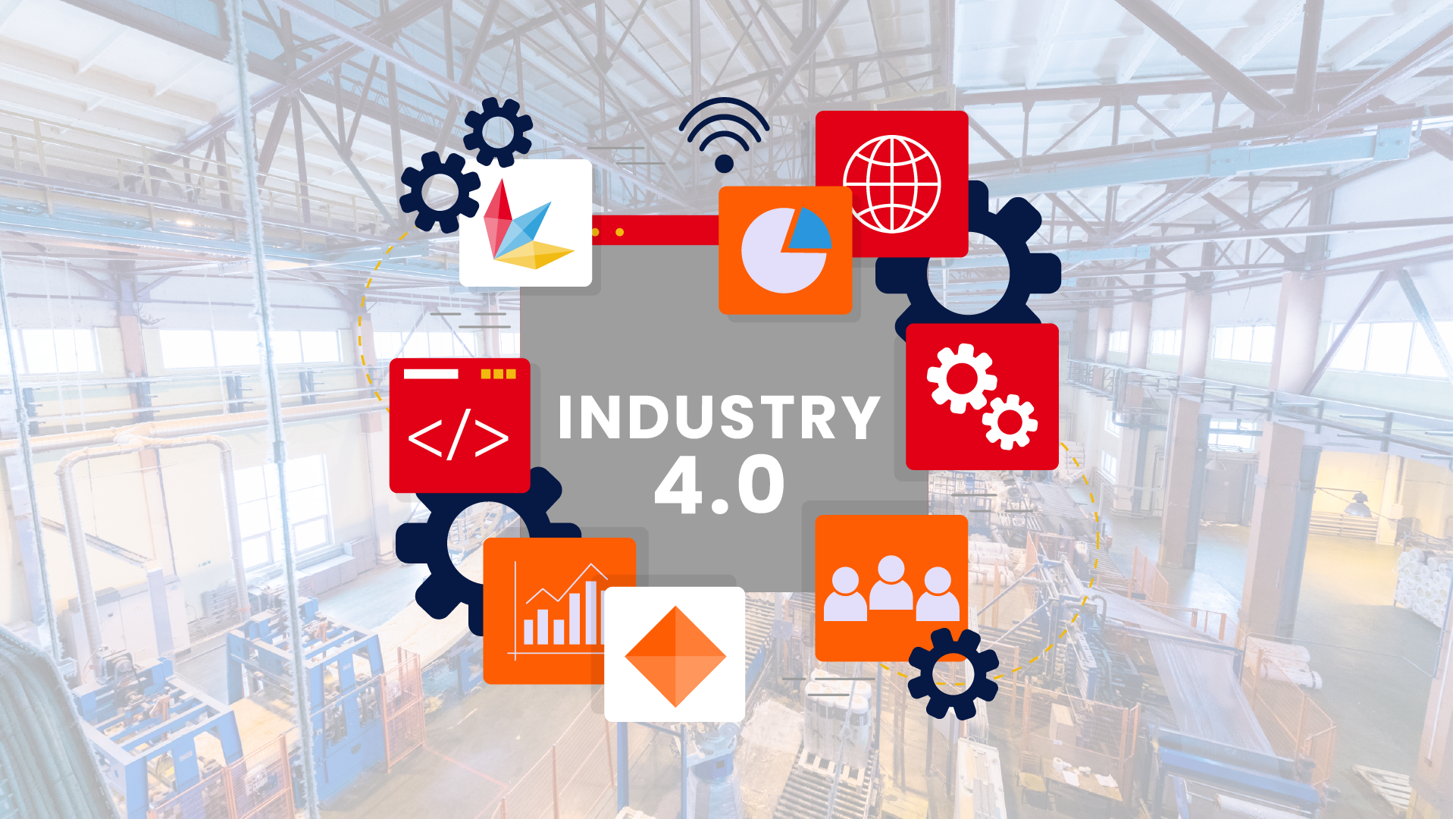Choosing the right management software is not always easy; it often requires careful consideration as it will shape a significant part of the future of your business. Let’s explore how to make the best choice in this article.
Business Needs
Before scouring the web for the perfect product, it’s essential to conduct an analysis. Whether your organization is large or small, consulting each department is crucial. A management software is used by all departments, and each has specific needs. It can be challenging to keep track of all these requirements, so a useful tip is to create a table, either on paper or in Excel, gathering all the critical issues, indispensable features, and additional ones. This way, you’ll have a clear idea of what to look for and where to invest more.Manufacturer’s Reliability
It’s a common experience to buy a product that looks great on paper but lacks the expected support, especially in recent years with smartphone sales. For management software, inadequate support is unforgivable as it means being left alone without hope for improvements or bug resolutions. It could turn a purchase into a trap, forcing the use of an unsuitable tool either because it was expensive or migrating data is difficult. A good indicator, though not definitive, is the number of years in business. While not always reliable, a manufacturer’s long presence in the market suggests they can offer a valid product.Cutting-Edge Interface
When approaching a new management system, pay proper attention to a often overlooked aspect: the interface. The interface is crucial because it allows interaction with all the software’s functions. If it’s unclear or not easily usable, valuable time could be wasted. The learning phase can vary depending on the software’s complexity. If, in addition to this, there’s difficulty due to poor interface optimization, the problem could become insurmountable. This is why Iriday was designed to make usage as simple as possible, addressing customer issues and eliminating friction points in critical sections. The goal is to let the company focus on what matters most: production.Modularity
Companies evolve over the years, and needs may change. You might require features you hadn’t considered before. Thinking about expanding functions might mean changing the entire version or waiting a long time for it to be possible. A modular software solution can be a path to consider, allowing both the addition and removal of features.Project Costs
A crucial point is the project’s cost. Software purchase methods vary and can lead to underestimating some costs. For example, a management software with a one-time license purchase may present issues such as maintenance. Rarely considered, this can become a significant expense in the long run. No one wants to use management software for years without the guarantee of updates. Being obliged to purchase them leads to a recurring expense. On the other hand, today there are other solutions like the Cloud. Software like Iriday enables your company to manage everything in the cloud with a subscription, providing assistance and updates at a reasonable cost. It’s an optimal solution for all companies, regardless of size.Integration
It’s possible to have more than one software, each dedicated to a specific aspect of business life. There’s nothing worse than a series of programs that cannot communicate with each other. Another aspect to verify is the ability to integrate the solution with your preferred software package. Using software that doesn’t communicate often means manually entering data into the program, extending times and increasing the error rate.




Leave A Comment